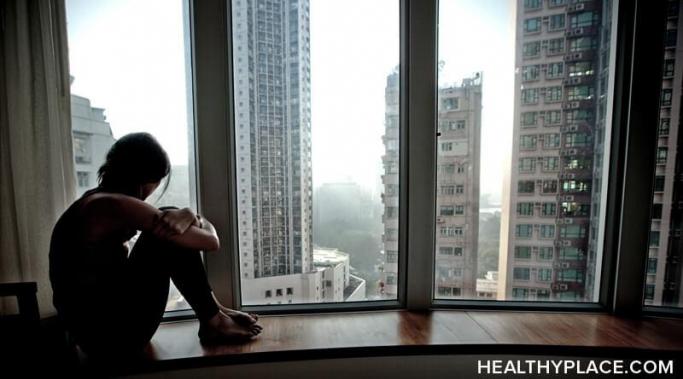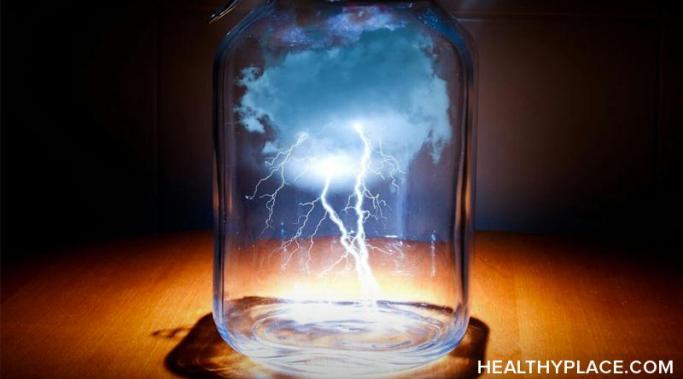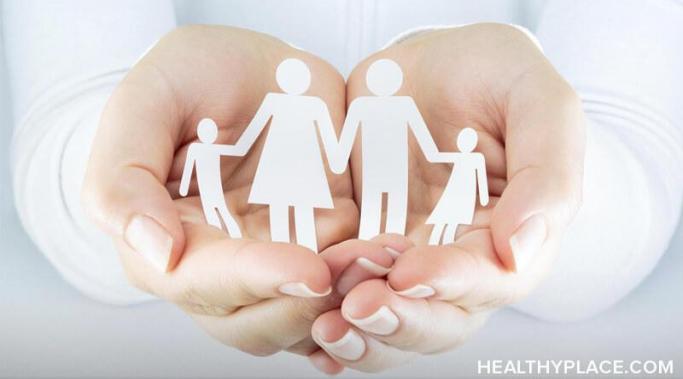I'm worn out from my borderline personality disorder (BPD), pushing me into hyperproductivity and distorting my sense of mental wellness. I used to think my worth was tied to my output, but now I see that this endless chase for productivity is actually undermining my mental health. This idea from borderline was making my mental wellness more fragmented.
Stigma of BPD
Masking borderline personality disorder (BPD) is a high-wire act, teetering between societal acceptance and personal exhaustion. It's an everyday performance where I suppress traits that might draw judgment, becoming a chameleon to blend into what's deemed acceptable. Borderline personality disorder masking is draining, leaving me feeling like I've been hit by a truck by the time I get home. The car ride home is a solitary purge of pent-up frustration and angst.
Goal-setting with borderline personality disorder can be difficult. Living with borderline personality disorder (BPD) feels like being trapped in an endless loop, where the same mistakes replay like a broken record. This seems to be true for me, especially when setting goals. Without smarter goal-setting in BPD, living up to my dreams and aspirations can feel like trying to catch a cloud and pin it down.
Living with borderline personality disorder (BPD) often means grappling with borderline PD mood swings that can swiftly turn my world upside down. When these BPD mood swings hit, thoughts become tangled in cognitive distortions, and black-and-white thinking takes hold, making it difficult to see shades of gray or to check the validity of my assumptions. In other words, BPD mood swings are a rapid descent into a world where worst-case scenarios feel like certainties.
Understanding my adult separation anxiety in borderline personality disorder (BPD) involves delving into its complexities and origins. My adult separation anxiety in BPD is more than just feeling uneasy when separated from loved ones; it's a deep-seated fear of abandonment that I can trace back to childhood experiences of neglect, loss, or inconsistent caregiving. These early experiences created a heightened sensitivity to perceived threats of rejection or abandonment in my adult relationships.
Improving interpersonal communication with borderline personality disorder (BPD) can be a lifelong task. For me, interpersonal communication with BPD becomes a battleground where the stakes are high. One misstep could lead to unintended consequences, exacerbating my BPD symptoms.
Softening the impact of borderline personality disorder (BPD) triggers means creating a buffer against the onslaught of emotional turbulence. For instance, rather than succumbing to impulses, I channel my energy into soothing activities like taking a warm bath, and I substitute self-harm with self-nurturance. Yet, life isn't always so neatly compartmentalized. There are moments when triggers ambush me mid-sentence, and the simple rituals of daily life offer little sanctuary. In these instances, my anchor is in the art of coping ahead to soften the impact of BPD triggers.
Opening up about borderline personality disorder (BPD) symptoms can present unique challenges, and disclosing this condition to immigrant Filipino parents adds another layer of complexity. My BPD symptoms include intense mood swings, fear of abandonment, and unstable self-image. Opening up about my borderline personality disorder symptoms with parents who come from a culture and generation that stigmatizes mental health issues is a delicate and, at times, painful process.
The road to recovery from borderline personality disorder (BPD) has been a tumultuous journey. You will get no arguments here. Life might be a tad smoother minus the BPD baggage, but catching those glimmers of hope and progress on the journey to recovery from BPD? That's where the real soulful rewards lie.
In the past, my trauma therapist has had to give me a reality check about over-identifying with borderline personality disorder (BPD). To be honest, I needed that wake-up call. Not every unpleasant thought or emotional dip is automatically a BPD symptom. It's made me realize the pitfalls of getting too wrapped up in identifying with my mental health issues.









